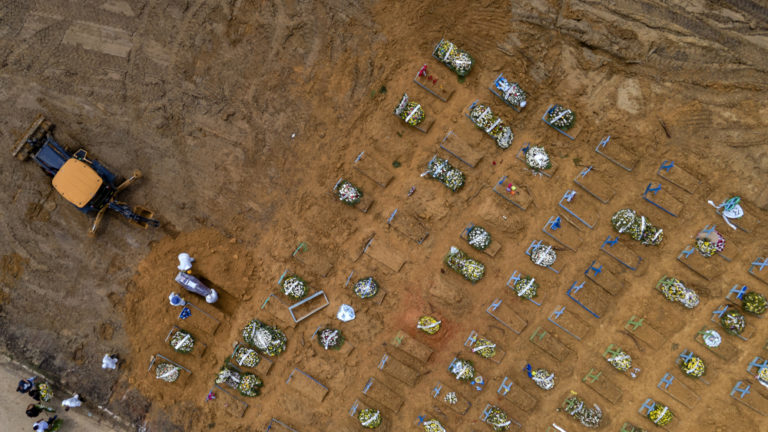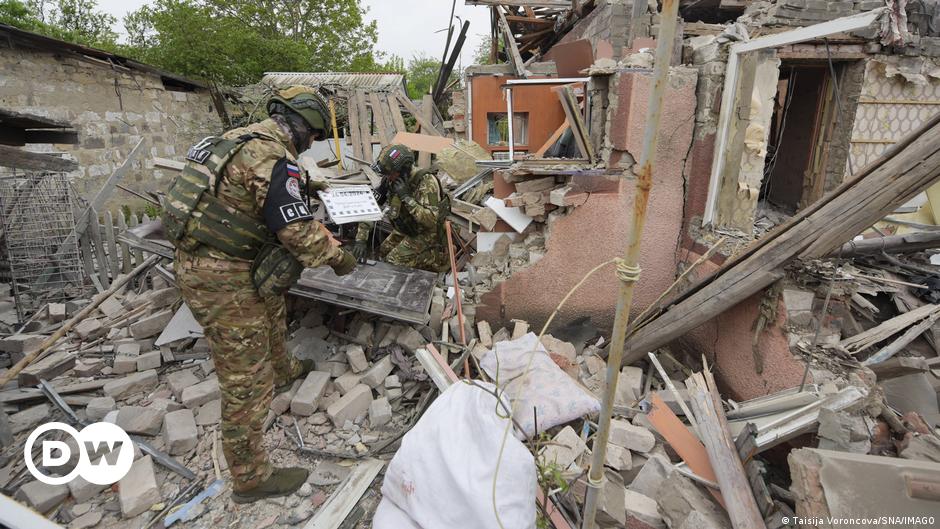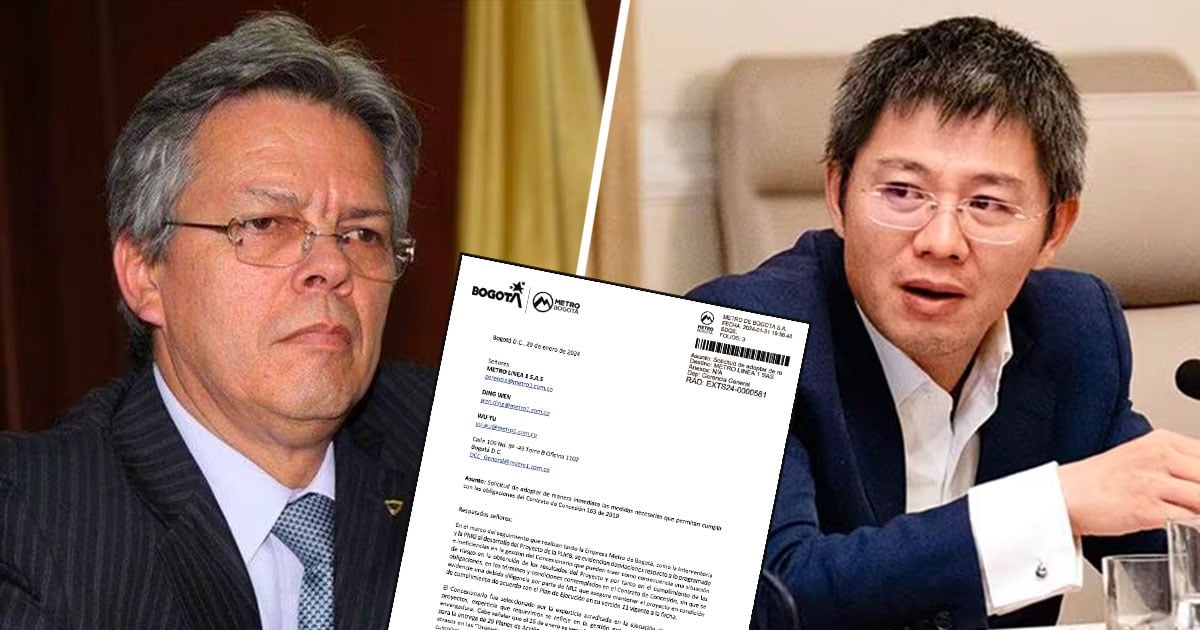What science knows about the new breed in Brazil and why it might be a problem

In recent days, there has been talk in Uruguay of a new type of coronavirus that was discovered in Brazil.
Currently, scientists from Udelar, Clemente Stable and Pasteur are working to obtain the genome sequence of this new virus and see if it has entered or not.
The strain, called P1, has been discovered in the United Kingdom and other European countries.
This strain wreaked havoc in the city of Manaus, in the Brazilian Amazon rainforest, and this experiment indicates the following: It is twice as transmissible, and the probability of infection is between 25 and 60% higher.
This strain has not been discovered in our country yet, and this does not mean that it will be infected with the same severity, because the behavior of the virus does not depend only on the strains, but on many other factors. In fact, this breed is also found in the United Kingdom and it did not have the same behavior.
Pictures of Manaus in Brazil roamed the world. People desperately need access to an oxygen tank and fully saturated health systems.
So far, Brazil is going through its worst moment with the epidemic spreading with an average of more than 1,300 deaths recorded per day.
So far, Uruguayan scientists have not been able to discover the existence of this new variant in our country. But the situation is dire.
In fact, both the Minister of Health, Daniel Salinas, and a member of the Honorary Scientific Advisory Group, Raphael Radi, referred to it on Monday after receiving the vaccine.
“There is a very serious problem in Brazil. “There is a strain that has been mutated, which is P1, and this poses a challenge to Brazil,” said Minister Salinas.
“The greater the spread of viruses, the greater the chances for the emergence of new strains,” Radi said.
What can we Uruguayans do in the face of this reality? The scientists’ response was straightforward: “Timely and formatted vaccination cuts off these transmission chains and reduces the likelihood that the new strain will become the dominant one.”
In this sense, infection scientist Julio Medina, as part of a longer series, warned on his Twitter account of the following:
To continue protecting ourselves, because vaccines, despite their high efficacy, are not 100% universal.
➡️ As new variants of the virus (such as Brazilian P1) begin to compete in an environment that includes a partially inoculated population2/5
– Doctor of PhD. Julio Medina (Dr_Julio_Medina) March 8, 2021
“As new variants of the virus (for example, the Brazilian P1) start to compete in an environment where a population has been partially vaccinated (because with the first dose), conditions are created so that the virus can mutate and escape from the protection that vaccines give us,” the infection specialist explained. .
This is what happened in Brazil.
According to the British Broadcasting Corporation (BBC), a team of British scientists in the neighboring country found that the slow vaccination campaign, combined with high infection rates and the presence of viral mutations, created a complex scenario.
Virologist Julian Tang from the University of Leicester in the United Kingdom told the BBC that “by entering the human cell and encountering a small amount of antibodies to the vaccine, the variant, by means of reproduction, can promote mutations that are more resistant to those antibodies.”
This was not the case in Uruguay yet, and vaccines have currently proven effective against new strains, but this is precisely why vaccination is so important.

“Award-winning zombie scholar. Music practitioner. Food expert. Troublemaker.”


/cloudfront-eu-central-1.images.arcpublishing.com/prisa/AHVYMMDSTZDTDBFNZ3LMFUOKNE.jpg)








